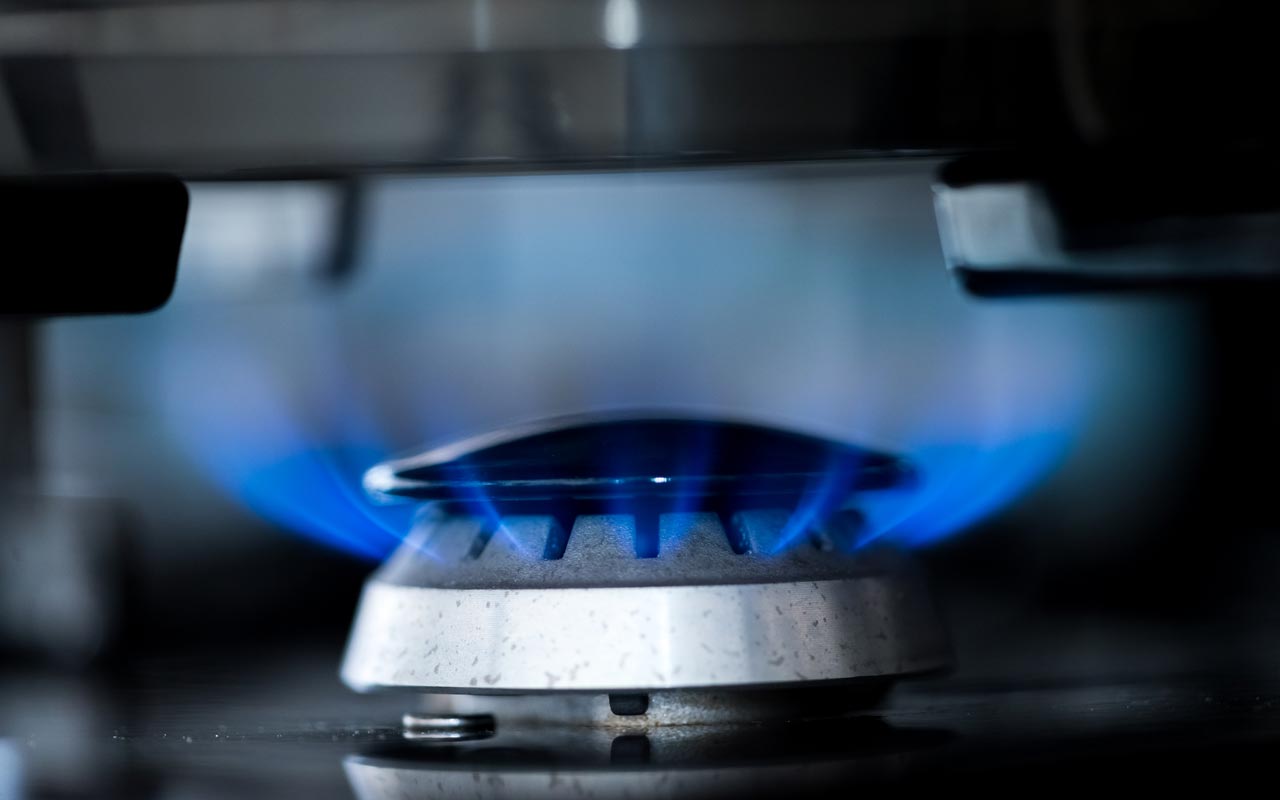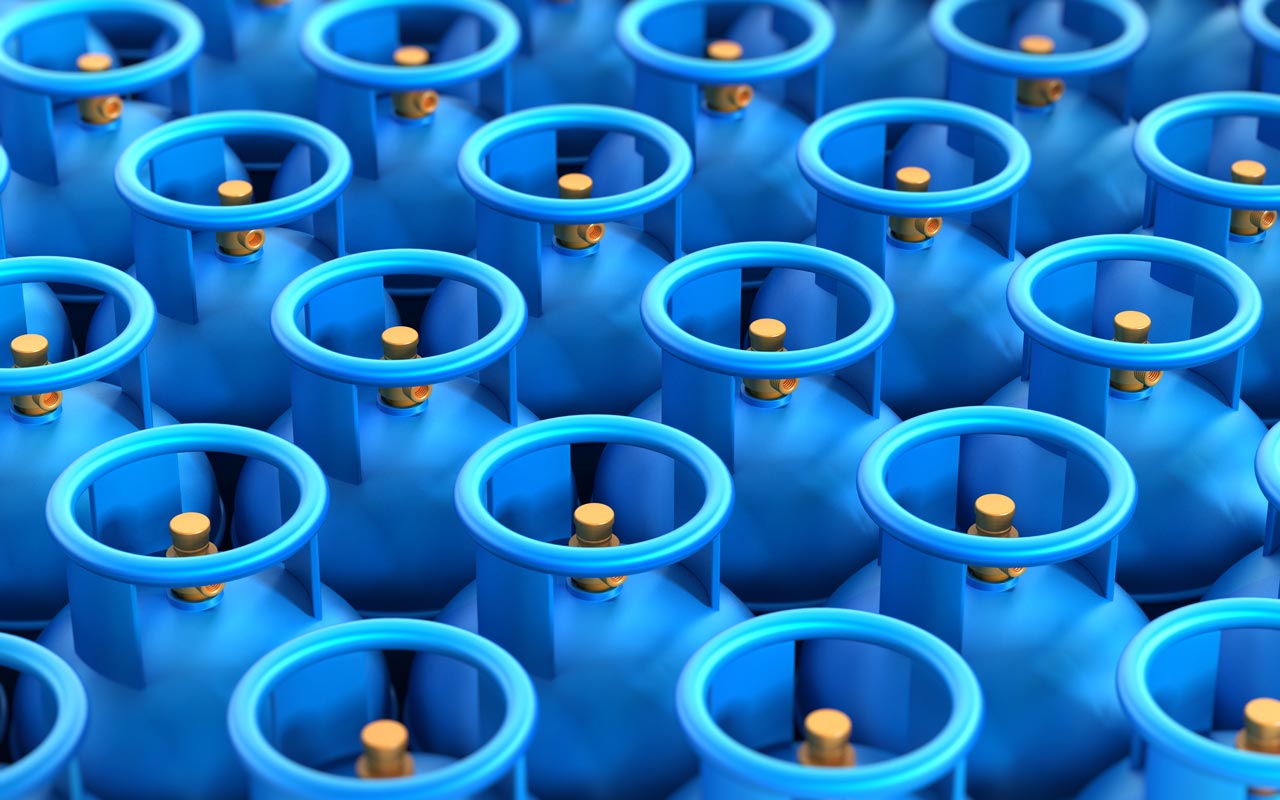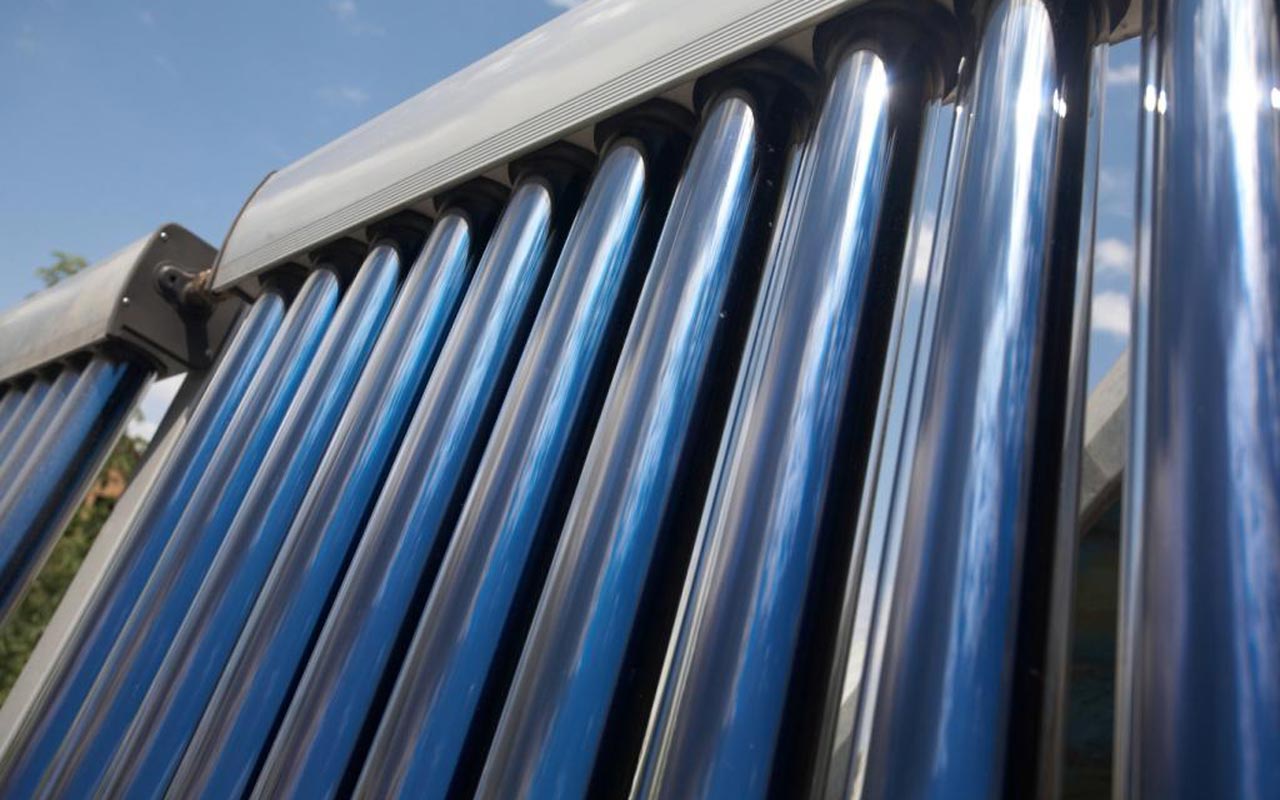Efficient
LPG is an energy-rich fuel source with a high calorific value. It can be up to five times more efficient than traditional fuels, resulting in less energy wastage and better use of our planet’s resources.
In developing rural communities, LPG can provide a first modern alternative to traditional cooking fuels (e.g. firewood, charcoal, dung). LPG is also very efficient at a macro scale: villages, towns, cities, regions and countries can reduce emissions, improve air quality and ensure energy security without large scale capital expenditure.
LPG:
use it or
lose it…

Temperature control
LPG appliances and equipment allow easy and instantaneous adjustable flame temperatures to suit the consumer’s needs. LPG refrigerators do not have temperature control limitations such as are common with kerosene refrigerators thus maintaining the “cold chain” essential for critical vaccines used in primary healthcare.
Indefinite shelf life
LPG does not deteriorate over time unlike some other liquid fuels that gel, stratify or evaporate. In the context of rural energy, shelf life is critical. Traditional fuels can have a short shelf life and must be protected from the weather to prevent deterioration.


Compatible and flexible
LPG is not only compatible with renewable energies but also with new technologies such as fuel cells and microturbines. Fundamental to understanding the role for LPG in rural energy is that LPG can fulfil the essential needs of heat and power either directly or as a partner with renewable energies.